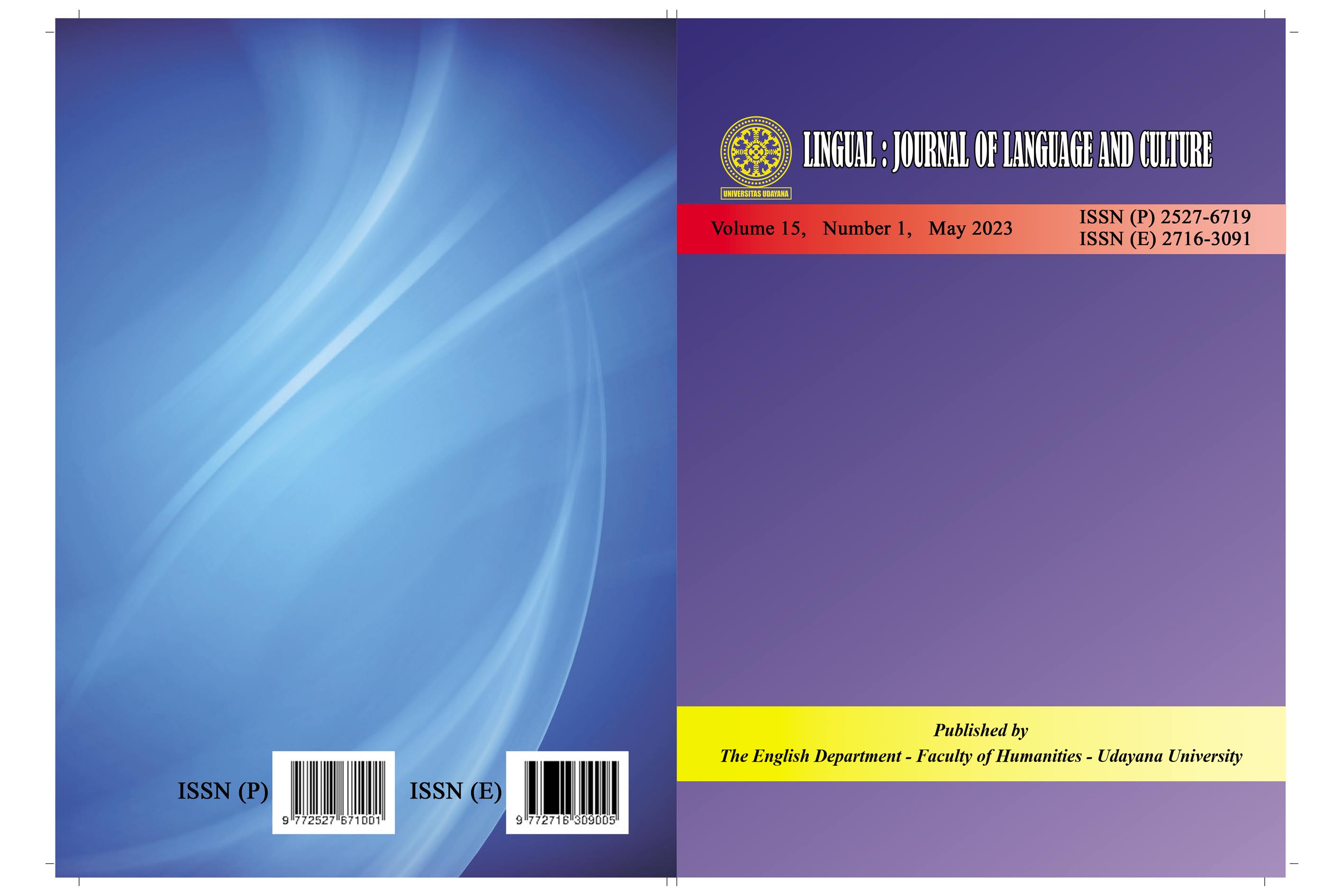Sexist Language in Indonesian via Metaphor and Transitivity
An Exploratory Study
Abstract
This paper discusses how stereotypes and/or attitudes and positions of women and men are reflected in sexist language, focusing on metaphorical sexist expressions and the study of syntactic structures such as transitivity and grammatical relations. Based on qualitative analysis of web-based linguistic data and two novels from a female author, we found that metaphorical sexist expressions in Indonesian conceptualise women as ANIMALS, COMMODITIES/GOODS, FOODS, and DUMPING SITES, indicating negative attitudes towards women. In terms of the transitivity analysis, we illustrate that the women character is portrayed as the undergoer of the action enacted by the man-actor. Overall, the findings indicate that unfavourable attitudes towards women can still be found in language and that could call for a change in language use without discriminating against women.
supplementary materials for this paper can be accessed at https://osf.io/ezfjd/












